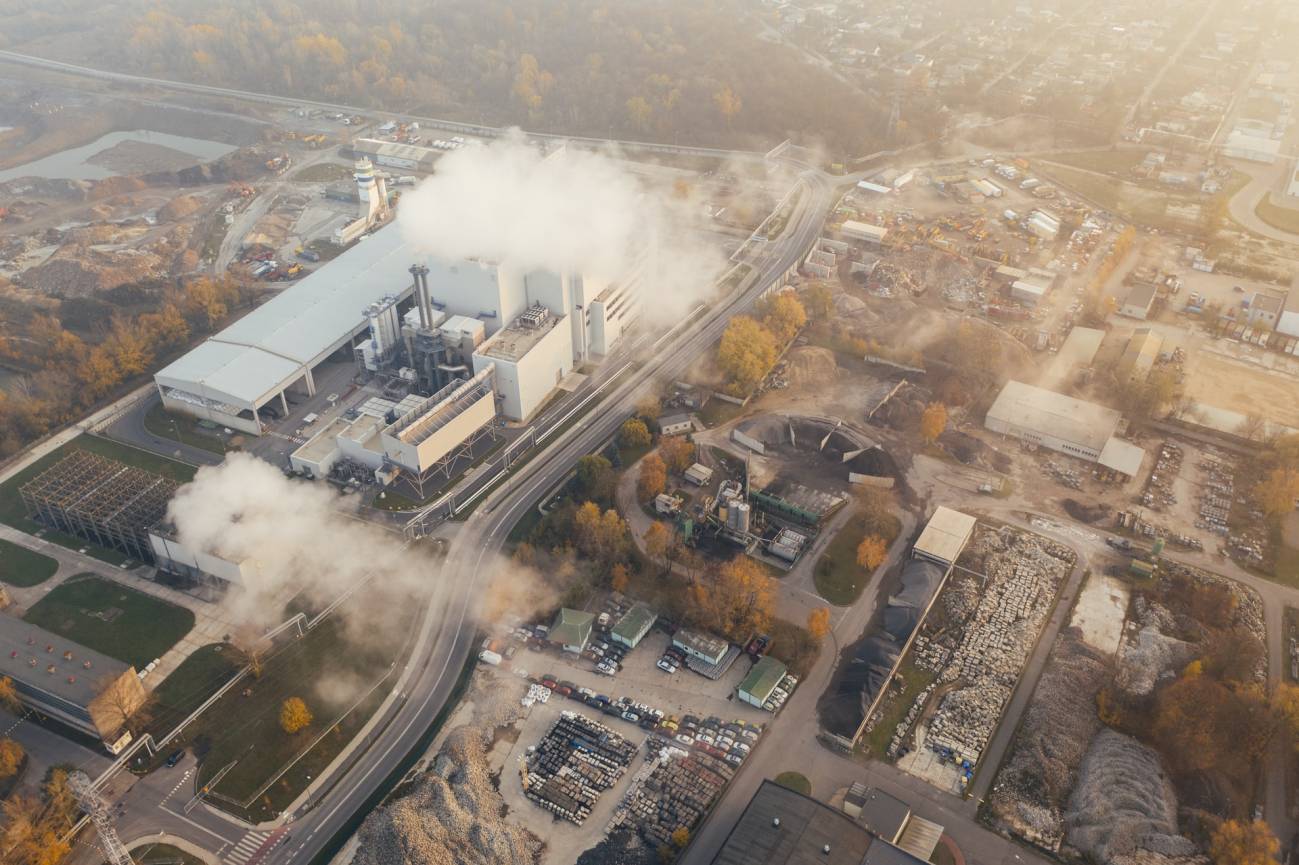Reactions: the available carbon budget to meet the Paris Agreement goals is smaller than previously thought
The amount of carbon available to emit without surpassing the 1.5°C limit set by the Paris Agreement, commonly referred to as the carbon budget, could be depleted within the next six years, as suggested by a study published in Nature Climate Change. The findings are based on a reevaluation of existing estimates and indicate that carbon budgets might be lower than previously believed.

Pep - carbono EN
Pep Canadell
Executive Director of the Global Carbon Project and Senior Research Fellow at the CSIRO Climate Science Centre in Canberra, Australia
The carbon budget we have left to stabilise the climate at no more than 1.5°C, as agreed in the Paris agreement, is so small that this budget is no longer of any value for climate policy. Unfortunately we will cross and go far beyond the 1.5°C limit, which makes it imperative that we develop the necessary policies to adapt and prepare for climate extremes such as we have never experienced before.
Oliver - carbono
Oliver Geden
Senior Fellow, EU/Europe Department, Stiftung Wissenschaft und Politik - German Institute for International and Security Affairs (SWP), Berlin.
Above all, the study shows that the calculation of remaining CO2 budgets depends on many assumptions and that these are not immutable quantities. Most importantly, it is necessary to understand that the budgets only include carbon dioxide and that these CO2 quantities are dependent on assumptions about future mitigation of other important greenhouse gases – such as methane and nitrous oxide – and it is these assumptions that have changed. The problem is that the budgets in the Working Group I contribution to the IPCC Assessment Report, published in 2021, were still calculated without knowledge of the emission reduction pathways from the Working Group III contribution, published in 2022. In the IPCC synthesis report, these two strands of knowledge were not allowed to be combined due to strict IPCC regulations. Basically, this current study now catches up with that. A similar recalculation can already be found in [1]. That is why the downward readjustment of the CO2 budgets does not come as a surprise to experts."
"The accompanying communication states, this calculation method halves the remaining CO2 budget. That is grossly misleading. The budget in the IPCC report of 500 gigatons of CO2 starts counting on Jan. 1, 2020, while the budget recalculated in this current study starts counting on Jan. 1, 2023, three years later. A rough estimate shows that 120 to 125 gigatons of CO2 emissions have been emitted in between. The difference between this study and the result of the IPCC Report is therefore only 125 to 130 gigatons. So of the 375 to 380 gigatons of the IPCC budget that was left at the beginning of 2023, it's about one-third."
"Without attracting particular attention, the remaining CO2 budgets during the preparation of the IPCC reports, the 1.5-degree Special Report and the Working Group I contribution to the Assessment Report, have grown strongly due to methodological improvements, by several hundred gigatons – in [2] you will find graphs showing this vividly. For the 2 degree target, even in the current study from 2023 the budget is still about the same as calculated in the previous one, the Fifth IPCC Assessment Report for the period from 2011: the famous 1000 gigatons left for the world. All these changes of direction show that while the calculation of remaining CO2 budgets provides important indications, the figures themselves must not be set in absolute terms. Due to their permanent recalculation, global residual budgets are also not suitable for deriving national or European residual budgets from them, because these changes in direction and size cannot be implemented in the short term for German and European climate policy and undermine any climate policy certainty of expectation.
Niklas - carbono
Niklas Höhne
Director and CEO, New Climate Institute, Cologne, and Professor of Mitigation of greenhouse gas emissions, Wageningen University, Netherlands.
The current study shows one thing above all: it will be very, very tight for the 1.5-degree limit. It is almost irrelevant whether the budget is used up in six years – as this study suggests – or in ten years, as previously thought, if emissions remain the same. It's extremely tight either way. And that's not a new finding."
"But that in no way means we should give up, quite the opposite. It shows that every ton of carbon dioxide saved is all the more important because the budget is so extremely tight. And even if the multi-year average temperature increase exeeds 1.5 degrees, it's good to have saved as many emissions as possible beforehand, because every ton saved leads to less global temperature increase and therefore less damage."
"Even if the 1.5 degrees is exceeded for a period of time, the global mean temperature could decline down once emissions are reduced to zero and more CO2 is removed from the atmosphere. For that, too, it's beneficial if less was emitted beforehand."
"The extreme temperatures and accompanying droughts, storms and extreme weather events of this past year in particular have shown that we simply cannot adapt to uncontrolled climate change. This study is another call to go into emergency mode and do everything we can to reduce greenhouse gas emissions as quickly as possible.
- Research article



